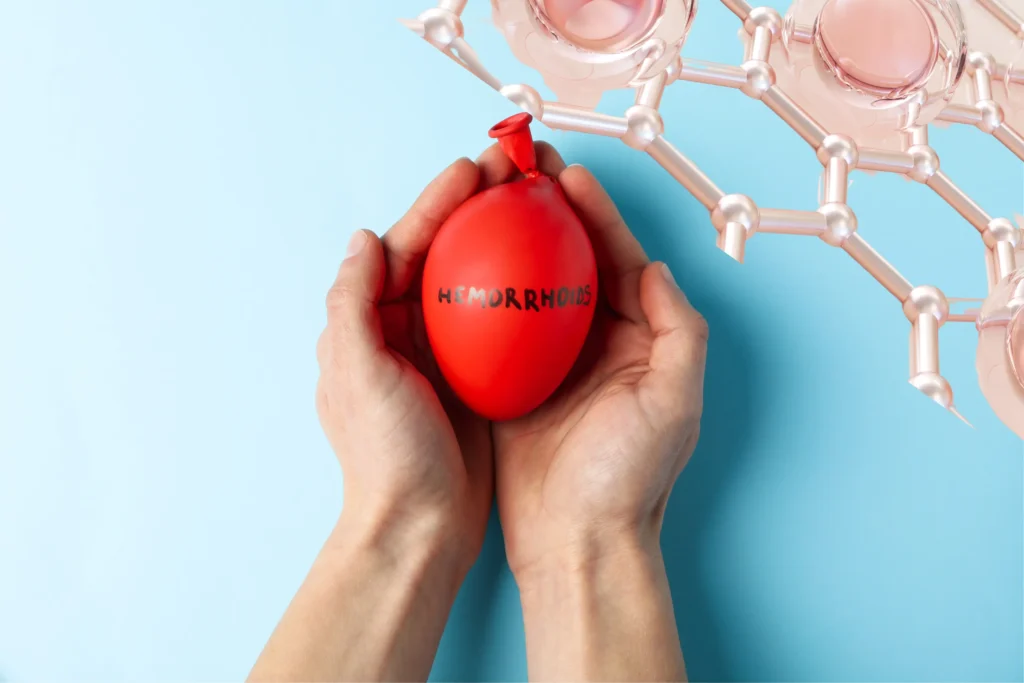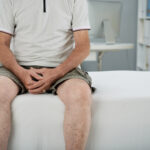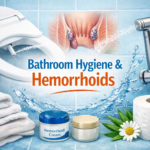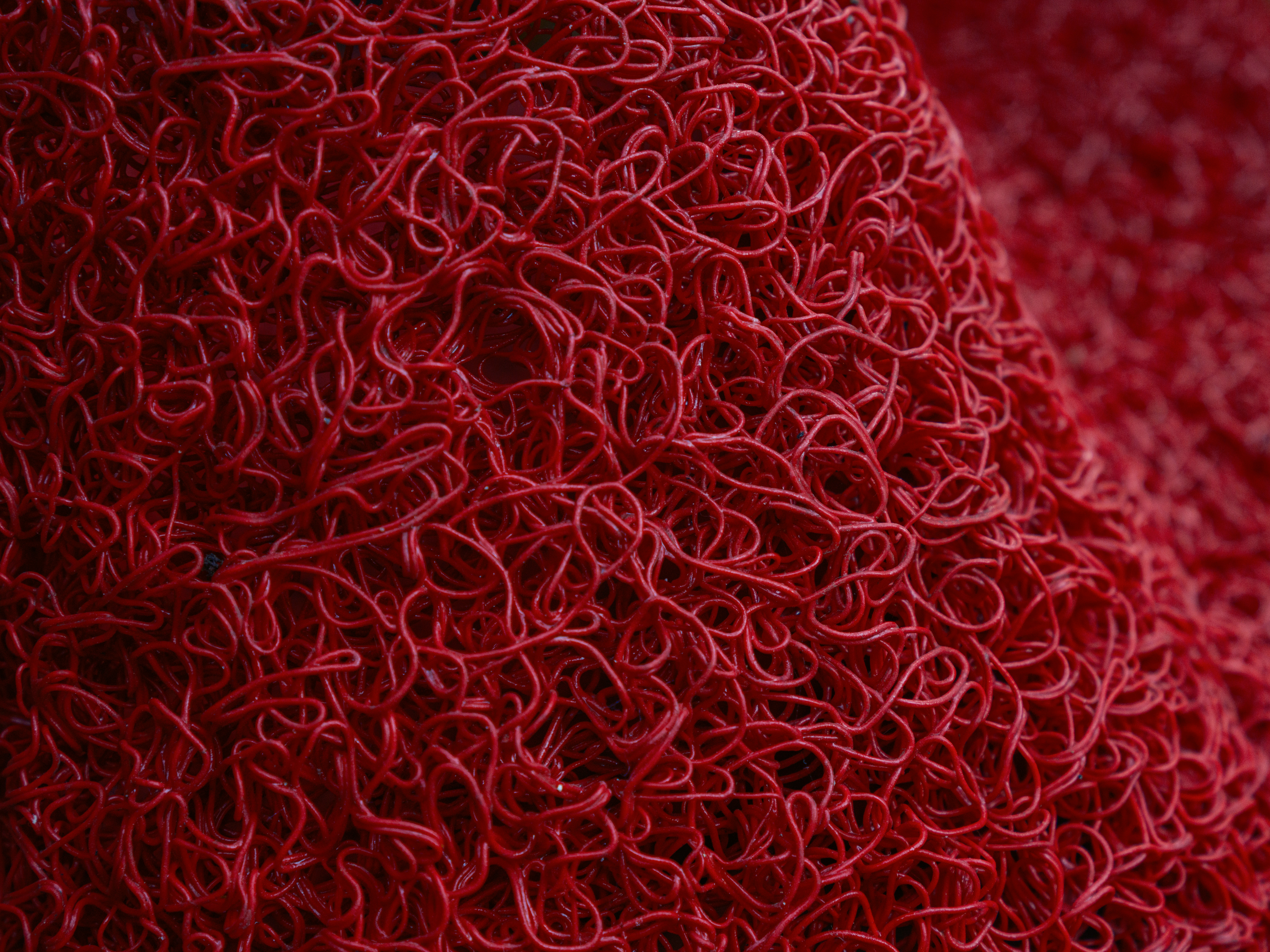Experiencing rectal pain can be worrisome for someone who has never felt it before. I for one can tell you that it took me quite some time before I figured what was causing mine.
If you found your way here, you are likely dealing with the same confusion right now. But don’t worry—we are about to clear that up right now. Two common conditions that cause rectal pain are anal fissure and hemorrhoids.
To make it easier for you to understand the symptoms of both and narrow it down, I have put together this in-depth guide.
What are Hemorrhoids?
The word “hemorrhoid” refers to two things: a feature of your anatomy, and an irritating but benign health condition that may affect them. Allow me to explain.
Anatomically, hemorrhoids are anal cushions made up of smooth muscle, blood vessels and connecting tissue.
Sometimes, these anal cushions swell enough to protrude from the anal canal. That is the condition we also call “hemorrhoids.”
While hemorrhoids are a literal pain in the rear, they usually resolve at home without complications.
What is an Anal Fissure?
Anal fissure is an injury to the anal tissue. Sometimes when you are struggling with constipation, you end up getting a small tear. Anal fissure can have a few other causes as well, which we will discuss later.
As with hemorrhoids, anal fissures are unpleasant, but usually go away with conservative treatments at home.
Comparing Symptoms for Hemorrhoids vs. Anal Fissure
How can you tell if you have an anal fissure or hemorrhoids? To start, you can check your symptoms against these lists.
Symptoms of Hemorrhoids:
- Painful bowel movements, and sometimes, pain between bowel movements.
- Itching in the rectal area.
- The sensation of a foreign body in the anal canal.
- When hemorrhoids are external, they protrude from the anal canal. You may be able to feel them.
Symptoms of Anal Fissure:
- Pain when trying to defecate, sometimes continuing for a few hours afterwards. The sensation may be sharp (especially while using the toilet) or burning.
- Rectal bleeding.
- Sometimes the fissure is visible.
- A skin tag or lump might form near the fissure.
As you can see, differentiating between anal fissure and hemorrhoids purely based on symptoms can be a challenge. Some people say that hemorrhoids are only painful during bowel movements, while anal fissure can hurt for hours. But others say just the opposite.
In reality, a lot of individual factors impact the level and duration of pain for anal fissure or hemorrhoids.
You may need to consider the combination of symptoms as a whole and not just individual symptoms when making an assessment. Context clues might also help. If, for example, you are pretty sure you wiped too hard the other day and may have injured yourself, anal fissure is likely.
How to Diagnose Anal Fissure vs. Hemorrhoids
If you still are not sure whether you have hemorrhoids or anal fissure, you can ask a doctor to diagnose your rectal pain.
First, the doctor will ask you questions about your medical history and symptoms. Next, they will conduct a visual exam. If that does not answer the question, they might perform a digital exam by putting on a latex glove and checking with their finger.
In most cases, these steps are sufficient to make a diagnosis. In some situations, however, a doctor might want to use a scope or perform a biopsy. This may be necessary if your doctor believes you need to rule out anything more serious.
Anal Fissure vs. Hemorrhoids: Causes and Prevention
Some of the common causes of hemorrhoids and anal fissure are the same:
- Constipation
- Diarrhea
- Straining while having a bowel movement
- Pregnancy
- Childbirth
In fact, it is possible to have both at the same time. For example, you might get external hemorrhoids, and then injure the tissue while wiping, resulting in an anal fissure.
Here are some additional causes of hemorrhoids:
- Sitting a long time in one position
- Hormonal factors
- Avoiding defecating when you need to do it
Additional causes of anal fissure include:
- Inflammatory conditions like IBD
- Sexually-transmitted diseases
- Obstructed defecation syndrome (ODS)
- Injuries from penetration or excessive wiping
- Tight sphincter muscles
- Diaper rash
- Tuberculosis
- Cancer
- A complication from a surgery
Preventing anal fissure and hemorrhoids involves eating a diet rich in fiber to promote regularity and avoiding straining or aggressively wiping on the toilet. If you have an underlying condition contributing to your rectal pain, treating that condition can help.
How to Treat Hemorrhoids and Anal Fissure
In most cases, hemorrhoids and anal fissure will go away within several weeks with conservative treatment at home. Here is what you can try for either or both conditions:
- Eat more fiber.
- Take a warm, soothing sitz bath.
- Exercise (though you may want to avoid anything that induces too much friction).
- Use laxatives if excess constipation is a factor (try prune juice if you want something natural).
- Use an over-the-counter or prescription ointment.
- Try witch hazel or wipes.
- Wear loose clothing and sit on cushions to improve your comfort.
- Sometimes a doctor may prescribe a medication like a calcium channel blocker to relax the muscles in your sphincter and your blood vessels. Another option is Botox.
- Surgery may occasionally be necessary for chronic anal fissure or a thrombosed external hemorrhoid (which is simply an external hemorrhoid with a blood clot).
Summary
Rectal pain can range from a minor irritation to a major disruptor in your life. The good news is that the vast majority of the time, rectal pain goes away by itself. That is true whether you have hemorrhoids or anal fissure. You just need to be patient, follow the treatment recommendations above, and wait for the issue to resolve. Pretty soon, you will be able to sit, stand and use the toilet without pain or bleeding.







